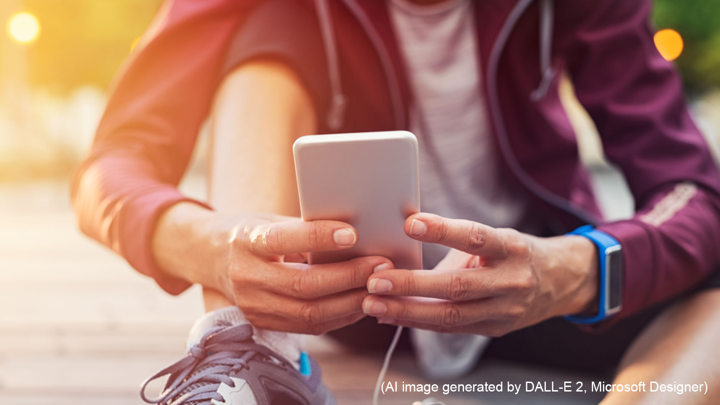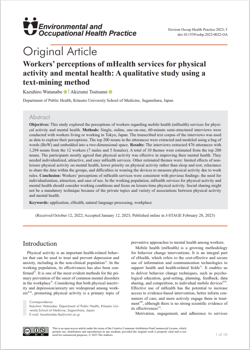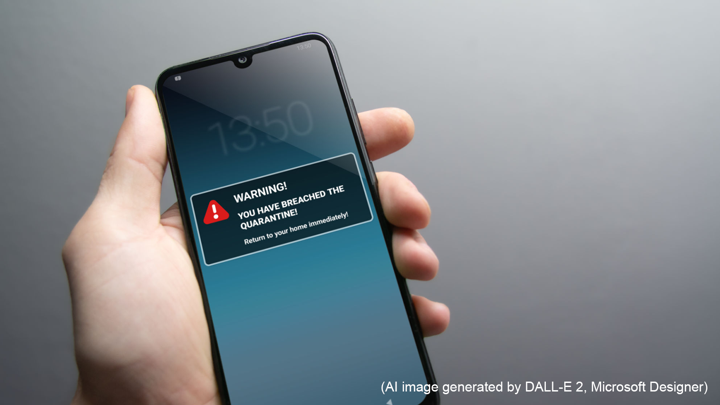#E0060 Can I be Physically and Mentally healthy using mHealth?

Can I be Physically and Mentally healthy using mHealth?
Health and mental fitness are important considerations as we age. Despite good intentions, living standards and environments limit our choices to exercise and produce endorphins for good mental health. Health personnel contend that mobile health (mHealth) can help revolutionize our behavior if we are receptive to the technology. Thus, workers’ perception of mHealth to improve their mental health through physical activity constitutes important ongoing research.
Investigators in Japan recruited 12 male and female middle-aged public and private sector workers residing in Tokyo. All participants were asked to install a prototype smartphone app that provides three statuses: to predict their mental status one day after exercising; notify them of a negative mental status; and share/compete for data. Each participant underwent a one-hour interview, during which they were asked five questions. The responses focused on the effects of good mental health resulting from physical exercise, functionalities of the app, and suggestions for its improvement.
Among the ten themes that emerged, workers agreed that exercise positively impacted their mental health, a finding consistent with previous studies. However, majority of workers primarily associated physical exercise with leisure activities. In other words, activities such as housework, commuting, and shopping were not considered exercise because they were perceived as stressful events. It is not surprising then that workers preferred to sleep than exercise when they were not working. Concerning the use of the app and its applicability to mHealth services, workplace rules hindered the use of smartphones or smartwatches. Some workers were also uncomfortable sharing their private data, and the short period they operationalized the devices made journaling difficult.
Workers did provide some useful feedback to improve mHealth services and the prototype. For instance, most suggested adding playful elements to messages about high depression. Others thought the app should be tailored to suit their specific occupation as users would have similar “likes.” Gender differences involving hormones and bodily changes should also be considered.
Overall, the study illustrated ways mHealth could be enhanced for interested users to inspire behavioral change. While workers seemed receptive to sharing the exercise component of the technology, the mental aspect sparked concerns. Future research should further explore the usability and friendliness of mHealth and its devices.

Link to the original journal article:
https://www.jstage.jst.go.jp/article/eohp/5/1/5_2022-0022-OA/_article
Title of the paper:
Workers’ perceptions of mHealth services for physical activity and mental health: A qualitative study using a text-mining method
Authors:
Kazuhiro Watanabe, Akizumi Tsutsumi




